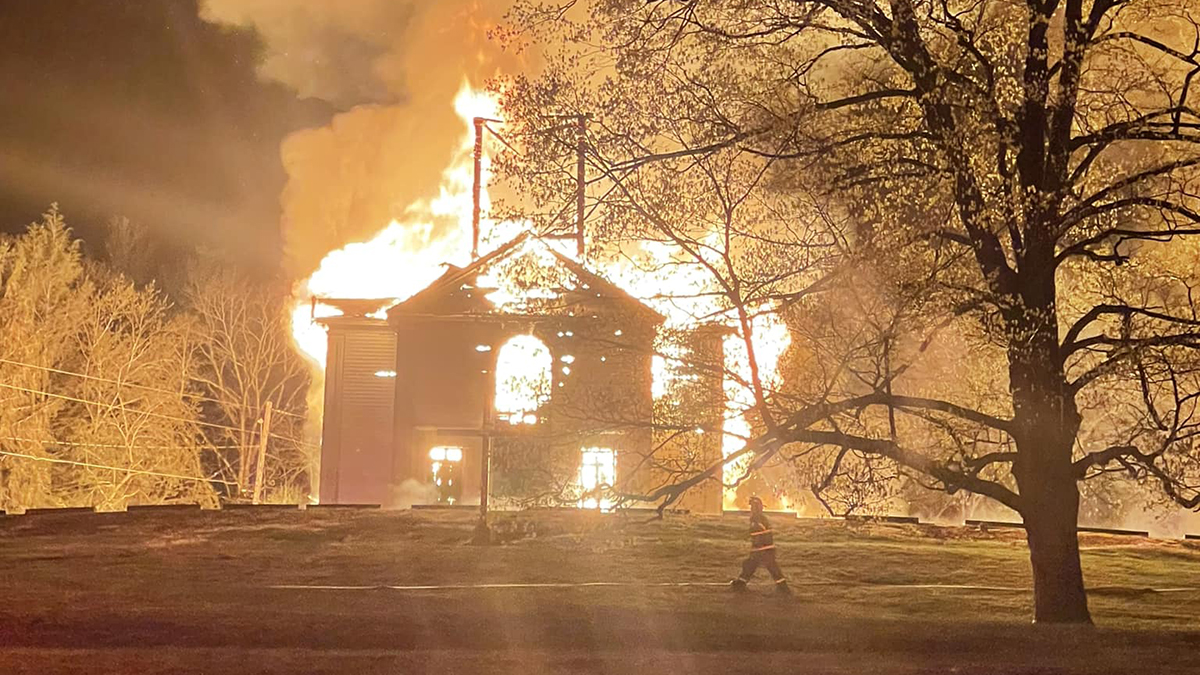For most of us, social isolation is a new experience, but for those 65 and older, it can be much more common.
Dr. Nicholas Nicholson is an associate professor of nursing at Quinnipiac University and studies that isolation in older adult populations.
"I think that older adults in general have a lot of risk factors that make them more vulnerable to becoming socially isolated, more so than younger populations," said Nicholson.
Some of those factors include not being able to drive, having mobility issues, or having visual and hearing impairments. Nicholson says that isolation for older adults leads to a higher risk of death or hospitalization because preventative care is less likely. Older adults who are isolated may not have someone who can take them to medical appointments or may ignore small problems until they transform into larger health problems.
Social isolation can also impact quality of life.
"People can have an increased risk of depressive symptoms which can lead to depression and also substance abuse. You can see older adults socially isolated tend to drink more alcohol or use other substances as well," said Nicholson.
With the coronavirus pandemic, older adults are part of the vulnerable population, so it's critical they social distance. But that can further lead to isolation.
Local
Nicholson says there are things we can all do to help.
"We need people to be engaged socially, but we just need people to stay away from each other right now so we're not transmitting this virus," said Nicholson.
If you have older relatives, reach out by phone. You can also try to include an activity with the call like having a grandparent read to a grandchild.
"I think the value of a video chat is so much higher than a simple phone call," said Nicholson.
For those with older neighbors, reach out to them by phone or mail to see if they need anything.
"If you happen to see a neighbor out and about, it's a great time to run outside, wave to them. If you don't know them, introduce yourself from a distance," said Nicholson. "It's a nice opportunity to say, 'Hey, listen, I'm going to the store. I'm doing this. Is there anything I can do to help?"
Nicholson says while we need to physically distance ourselves, we can still socially connect in other ways and strengthen relationships. He adds that it's important to continue that interaction well after the pandemic is over.
"We've got older adults now who have been socially isolated even before COVID-19. Those older adults, when COVID-19 is gone, will remain socially isolated," said Nicholson. "How can we help the people who are socially isolated but don't have the hope of when this pandemic is over that things will be back to normal? Let's work to build those bridges now."
For older adults, Nicholson says your local AARP chapter online has resources that can connect people.
For everyone, he says it's important to stick to a routine, keep a schedule, and make a social calendar to remind you to call or video chat with people regularly.



